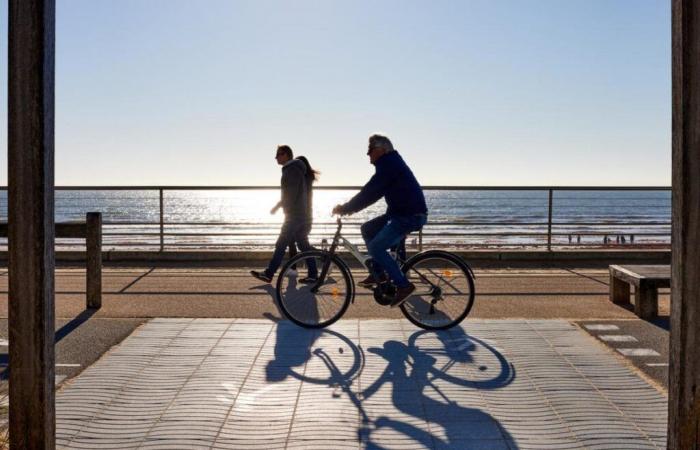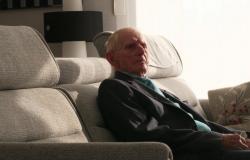AFP Videos – France
In an overweight China, rush to weight-loss camps
A strict diet, exercise and weighing twice a day is what it took for Yang Chi’ao to lose almost 30 kilos in one of China’s mushrooming weight-loss camps, a country where more than half of adults are overweight. Facing a row of treadmills, she waits for the instructor to call her name to go and train, just like around sixty of her classmates. Above them, a large poster recalls the goals: “Become thin! Become beautiful! Become refined!” Three months ago, this 23-year-old teacher left her job to join a weight-loss camp in the suburbs of Chengdu (southwest). She weighed 114 kilos. These camps are increasingly popular in the world’s second largest economy, where obesity is considered by the authorities as “a major public health problem”, with more than 50% of Chinese overweight or even obese, according to a 2020 report from the National Health Commission (NHC). But they also caused controversy when a 21-year-old influencer died last year while participating in one to lose more than 100 kilos, in northern China. Among the activities offered in Chengdu are long, brisk walks where instructors keep an eye out for participants who might be tempted by the food stalls on the side of the path. “There are bound to be people who will want to sneakily buy something to eat”, assures Yang Chi’ao, who is progressing at a good pace on the 10 kilometer circuit. “(Me too) I thought about it but I never managed to do it because the instructors are following me all the time.” – “Endurance” -While some of her comrades struggle during the hike, the young woman is pleased to see that her “endurance has probably improved”: “There is a or two months, I might have felt very tired.” In the camp, the rules are strict: no authorization to go out between Monday and Saturday, except for “special circumstances.” “In general, no one goes out in secret because surveillance is everywhere, and if you get caught, you will be punished,” says Yang Chi’ao. In October, Chinese authorities published recommendations for monitoring obesity, with the aim of standardizing the diagnosis and treatment of the disease. “In recent years, the prevalence of overweight and obesity in China has continued to increase,” noted the NHC, ranking obesity as the sixth risk factor for death and disability. This phenomenon is perhaps due to the rise in income of the Chinese, which leads them to spend more on food, observes Charles Poon, doctor at Raffles Hospital in Beijing. Furthermore, “jobs are becoming more and more complicated (…) so it involves a lot of stress”, which disrupts the hormonal balance and contributes to excess weight. – “Social capital” -In July, the authorities launched a three-year campaign which recommends to reduce foods rich in salt, sugar and fat in school canteens and to encourage physical activity among employees and schoolchildren. But the government must also better monitor strict diets and sports programs, which are potentially dangerous for health. health, says Pan Wang, associate professor of Asian studies at the University of New South Wales, Australia. “The beauty industry is booming (…) and the concept of thinness has become like a social capital,” he notes, so “businesses like weight-loss camps can benefit from it.” In Chengdu, music blares from the speakers while sweaty participants train in boxing. Their trainer, Chen Hang, shouts instructions from a platform, while demonstrating the movements to be performed. “If they came to a weight-loss camp, it’s because they can’t control their diet outside (…) and they cannot exercise on their own”, she assures, welcoming the “constant increase” in the number of participants. Every day, Yang Chi’ ao posts videos on the Chinese social networks Douyin and Xiaohongshu – equivalents of TikTok and Instagram – which helps her stay motivated. “If I don’t get up every day to film these videos, I won’t have any content to publish, and everyone will know that I’m slacking off,” says the young woman, who wants to stay in the camp at least until the end of March. One of her comrades, Zhao Yuyang, 30, came after having seen her videos. In one month, she lost more than five kilos, but wants to take her time. “You don’t get fat in one bite, so to lose weight, you have to do it slowly,” she believes. elle.isk-ka/ehl/jnd






